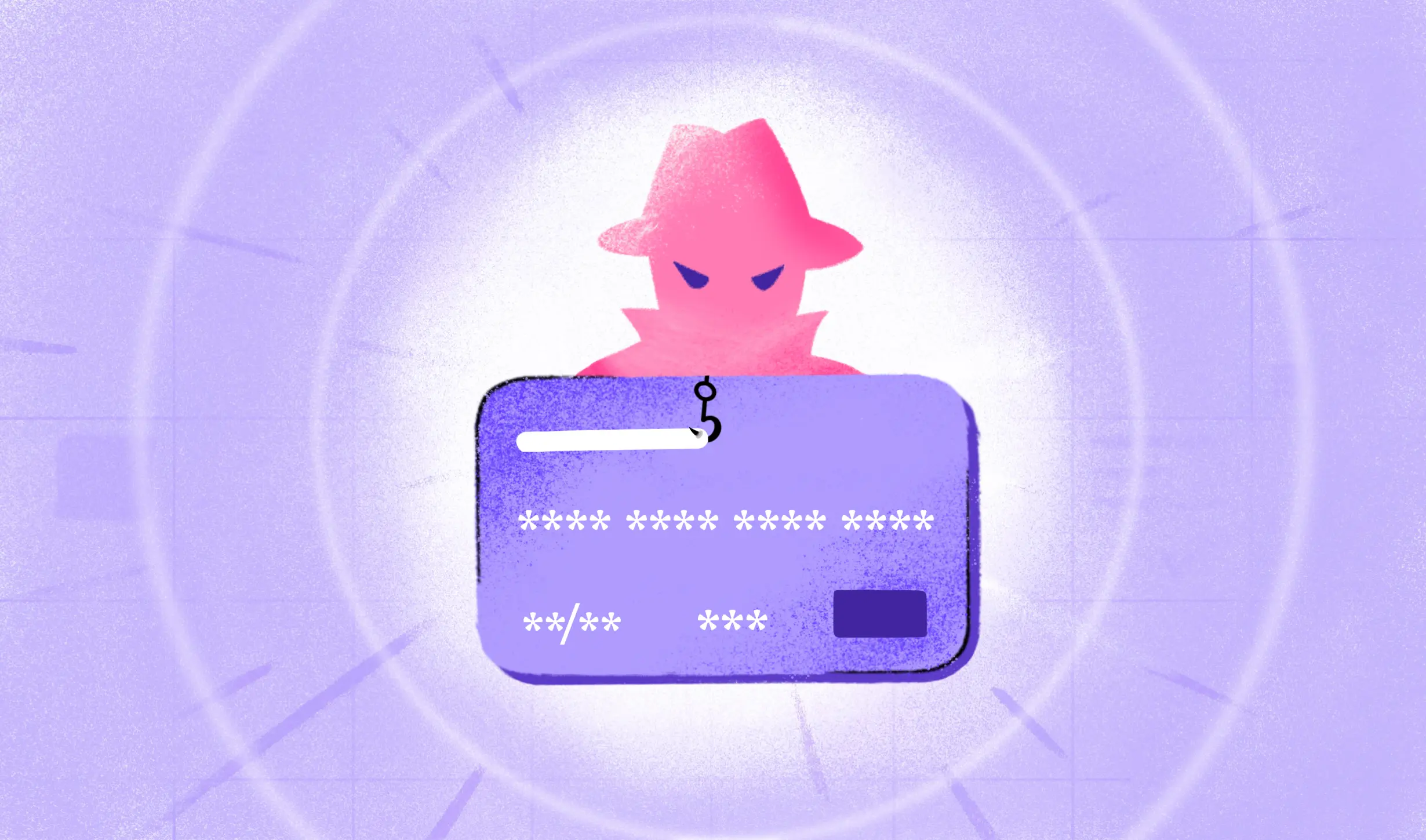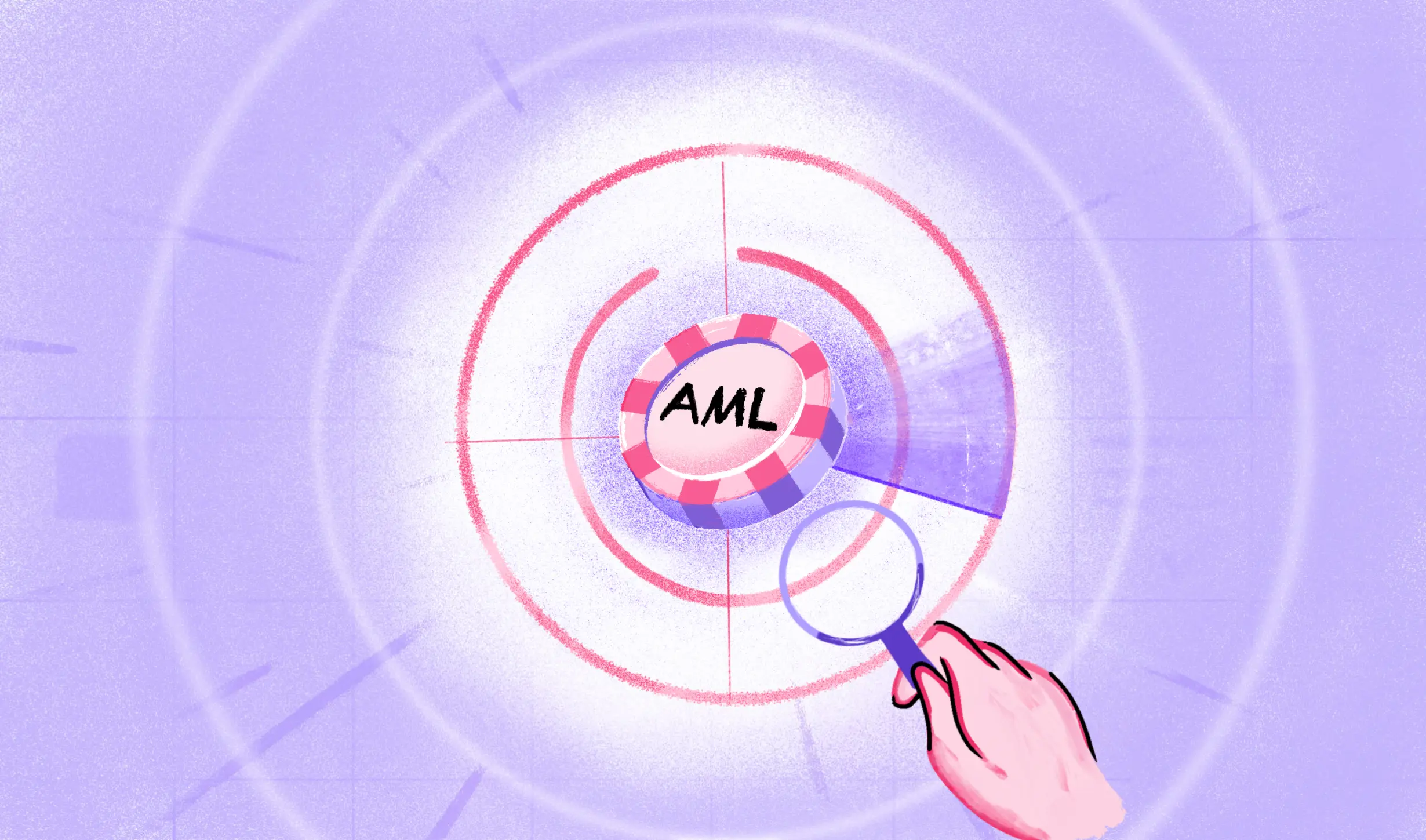Frauds in today’s digitally enabled world have evolved to be more destructive as technology improves. If financial institutions aren’t prepared for this onslaught, the price to pay is too much. The total losses attributed to payment scams was more than US$20 billion in 2021. That’s almost the GDP of Cyprus (at US$22 billion). And a payment scam is just one of the many scams that an illegal business can perpetuate. Some others are identity thefts, phishing, tax and website frauds. Sometimes in certain parts of the world, they not know how to check a company is registered or not. Many organizations get away by registering with a government agency after paying a fee or a bribe. But they soon leave behind a trail of crumbs of fraudery and scam, which an identity verification solutions provider can pick up.
Steps to verify the legitimacy of a business
Let us now look at how to verify if a company is fake or not. Financial institutions and crypto exchanges are most often regulated by their countries and therefore, they would need to submit the following information.
Business location
Where is the business located? They must submit the complete address with zip code and the owner and founding partners etc.
Nature of the business
What is the organization intending to do? Is it a public or private limited company?
Purpose of business transactions
Is it a non-profit entity or others? What is the purpose of the business? Is there any way to verify if the business made those transactions?
What is the expected flow of income?
What would be the frequency of payments and the average value of each payment?
What kinds of payments will be accepted?
Will it be online or offline, and are there any specific payment methods that alone will be accepted?
Relevant certificates and proof of incorporation
Certificates of establishment type and incorporation details.
Acquiring business and beneficial ownership information
Financial institutions should have a way of identifying a legitimately registered business from one that is not. There are several challenges they face currently. For several organizations, the data is inconsistent and fragmented. It is difficult to make sense of this data. The legal structures ensure that every entity must be accounted for and it could also be difficult to realize who the beneficiary is among them. Verifying if an organization is real or fake used to be a burdensome process, as there was little automation or other identification technologies involved.
The business would submit the proof of business and ownership along with other government required certificates. The financial institution then under extended due diligence could ask for more information regarding beneficiaries within the organizations etc. The financial institution would then verify the information provided against the one procured from a government agency. The financial institution would also do a KYC for each beneficial owner they have identified. The turnaround time in such cases was very high, especially as this was manual and not enabled by technology. What happens in minutes today, took days in the past.
Let us look at how Fintech is handling the process of determining whether the organization is real or fake. They have to ensure:
- Names of the businesses are checked against regularly updated and re-verified anti-money laundering (AML) lists
- They have the right beneficial ownership information by parsing and analyzing the information they receive
- Running every beneficial owner through an E-KYC which takes much less time
Advanced OCR and face recognition technologies make it possible to reduce turnaround times and reduce the number of false positives and negatives in the KYC process. The end-to-end encryption that most identity verification services such as HyperVerge provide also ensures that there is no risk of data leaks. Now it is easier than ever to verify if a business is fake or real.
Closing words
Verifying if a business is fake or real is a non-negotiable need for several organizations around the world. This is to ensure that all dealings are with a registered, licensed entity that qualifies for the transactions. Players like HyperVerge ensure that identity verifications solutions such as these can happen securely and at the scale the customer intends to use.
FAQs
How can an individual verify if a company is legitimate?
The first thing to do would be to run a google search with the company’s legal name and see what turns up. Address and phone number too can be checked online.
How does E-KYC happen?
The term E-KYC is often used in the Indian context when organizations verify an individual’s identity using Aadhaar and other identification information over the Internet. But it can be replaced by the term digital KYC in other parts of the world, where forms of identification other than Aadhaar are used.
How does automation and advanced technology help verification?
There are two main ways in which automation and technology help with identity verification. 1. Automation helps in handling large amounts of data and the associated technology helps analyze the data and create an in-depth profile for every business and the business owners. 2. Technology also reduces the turnaround times and increases the accuracy of both face recognition and OCR solutions.
What is the BBB?
Established in 1912, the Better Business Bureau (BBB) is an American non-profit, private organization that certifies whether an organization is trustworthy.

 US
US
 IN
IN









